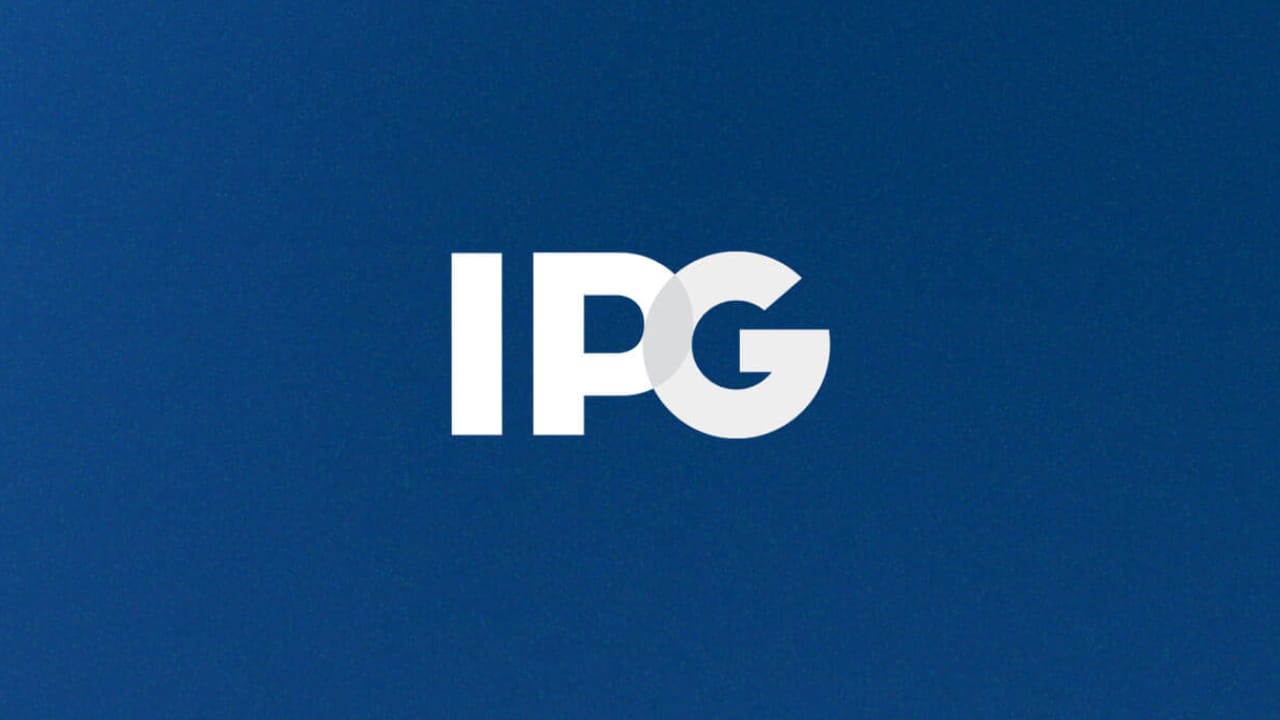Advertising holding company, Interpublic Group (IPG) posted a mixed set of financial results for the first quarter of 2025, navigating through both strategic restructuring and softer-than-expected client activity. Despite facing challenges in the form of a decrease in revenue and a reported net loss, the company emphasized strong underlying performance and its ongoing transformation efforts aimed at long-term growth.
Read more: Omnicom’s takeover of IPG moves forward as shareholders approve merger
Read more: Omnicom’s John Wren downplays client loss concerns amid IPG deal, tariff uncertainty
For the first quarter of 2025, IPG reported total revenue of $2.32 billion, including billable expenses, down from $2.50 billion in the same period last year. Excluding billable expenses, the company’s net revenue stood at $2.00 billion, reflecting an 8.5% decline year-over-year. This drop was attributed to a combination of strategic business disposals, organic declines, and unfavorable foreign currency translation effects. Specifically, organic revenue fell by 3.6%, largely driven by a dip in client account activity from the prior year.
Philippe Krakowsky, CEO of Interpublic, remarked that the results were consistent with the company’s earlier expectations, particularly given the headwinds from prior-year client dynamics. He emphasized that the quarter was marked by resilient performance in key business units, including IPG Mediabrands, Deutsch, Golin, and Acxiom, despite the broader revenue decline.
IPG’s first-quarter results were also influenced by its ongoing restructuring efforts, which are designed to streamline operations and sharpen its service offerings. The company recorded a significant pre-tax charge of $203.3 million related to restructuring actions, which impacted its operating results. As a result, IPG reported an operating loss of $42.0 million for the quarter, compared to an operating income of $184.2 million in Q1 2024.
However, the company’s adjusted EBITA, which excludes restructuring and deal-related costs, came in at $186.5 million, representing a margin of 9.3% on revenue before billable expenses. IPG is undergoing a significant restructuring of its business functions. The company has signaled that the long-term benefits of these changes will exceed earlier projections, particularly with the anticipated integration of its operations with Omnicom, the advertising giant that is set to merge with IPG later this year.
In terms of net results, IPG reported a net loss of $85.4 million for the quarter. This was primarily driven by the restructuring charges and the impact of prior-year client account fluctuations.
Krakowsky emphasized the strength of the company’s balance sheet, which he said positions IPG well to continue delivering on its long-standing commitment to capital returns while also enhancing its portfolio of offerings.
Moreover, the company remains on track to close its merger with Omnicom by the second half of 2025. Krakowsky described the combination of the two firms as uniquely positioned to drive significant value for clients and stakeholders alike in an increasingly complex business environment.
As macroeconomic uncertainty continues to affect global markets, IPG’s executives are working closely with clients to help them navigate evolving marketing and investment decisions. Acxiom, IPG’s data and identity resolution arm, remains a central component of the company’s strategy, providing clients with the tools necessary to deliver personalized marketing campaigns, powered by artificial intelligence, that can drive measurable business outcomes.
Key Financial Highlights:
Total revenue: $2.32 billion (down 7.2% year-over-year)
Net revenue: $2.00 billion (down 8.5% year-over-year)
Reported net loss: $85.4 million, or $0.23 per share
Adjusted earnings: $0.33 per diluted share
Adjusted EBITA: $186.5 million (9.3% margin)
